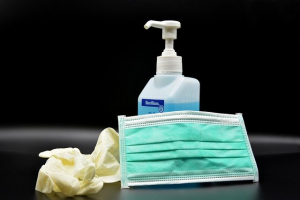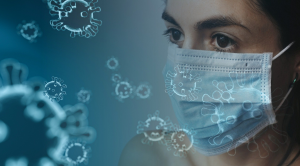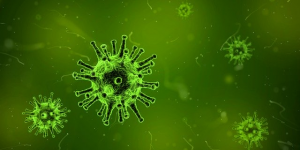Selenium is an essential trace element. For our bodies and our immune systems to function well, we need adequate intakes of selenium. Our bodies cannot produce selenium. We need to get it in our diets [Cleveland Clinic 2023].
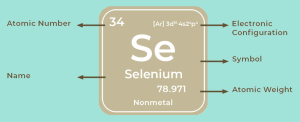
Who might need a selenium supplement? The answer depends where one lives. It depends upon how selenium-rich or selenium-poor the soil and the foodstuffs are in the local region. In much of North America, for example, the inhabitants generally do not need a selenium supplement. The reason: the soil and the food grown in the soil in much of North America provide adequate amounts of selenium [Cleveland Clinic 2023].
Conversely, there is a greater likelihood that people living in much of Europe and in some Middle Eastern countries will need a selenium supplement. In a systematic review, Stoffaneller & Morse documented widespread sub-optimal selenium intake and status throughout Europe, the UK, and the Middle East [Stoffaneller & Morse 2015].



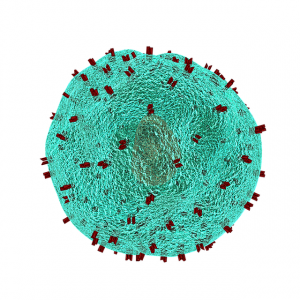
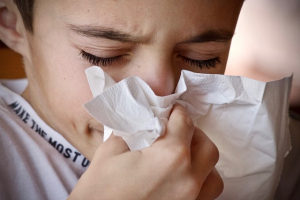

 Selenium and viral infections, what do we know?
Selenium and viral infections, what do we know?